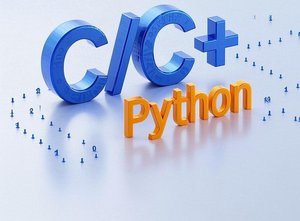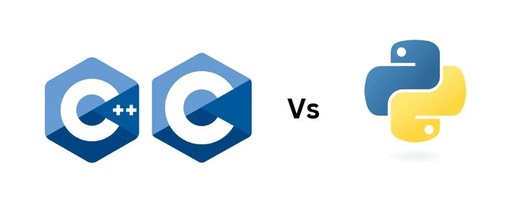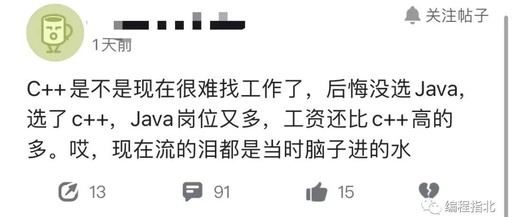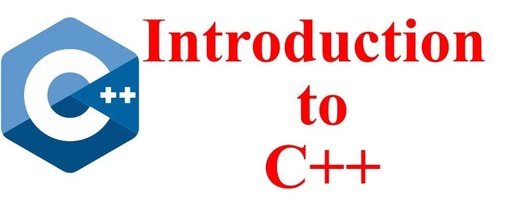A Comprehensive Guide to Using Python Libraries in C++
1. Introduction C++ is a high-performance programming language widely used in system software, game development, and high-performance computing. In contrast, Python is popular for its simplicity and ease of use, especially in data science, machine learning, and rapid prototyping. In many applications, developers wish to leverage the performance advantages of C++ while enjoying the rich … Read more









